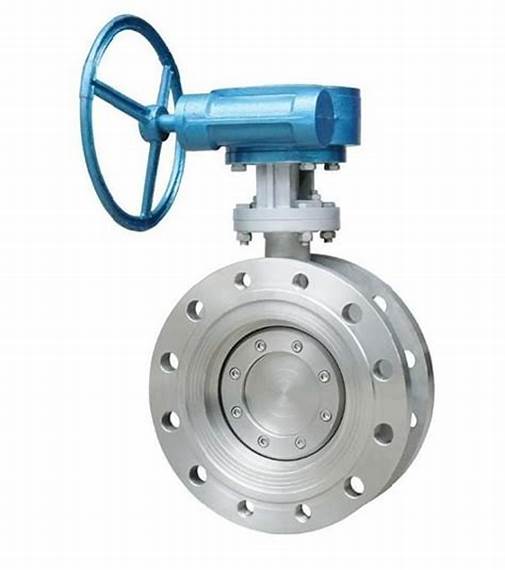forged pipe fittings
The Importance of Forged Pipe Fittings in Modern Industry
In modern industrial applications, the integrity and reliability of piping systems are paramount. Among the various components that ensure these systems operate efficiently and safely are forged pipe fittings. These fittings play a crucial role in connecting pipes, managing fluid flow, and enhancing the overall functionality of various systems across multiple sectors.
Understanding Forged Pipe Fittings
Forged pipe fittings are made from metal that has been shaped through the process of forging. This involves applying compressive force to heated metal, which results in enhanced structural integrity and durability. The forging process allows manufacturers to create fittings with superior mechanical properties compared to those made using other methods, such as casting. Common types of forged fittings include elbows, tees, reducers, and couplings, which facilitate the changes in direction, branching, and joining of pipes in a system.
Advantages of Forged Pipe Fittings
1. Strength and Durability One of the most significant advantages of forged fittings is their strength. The forging process aligns the grain structure of the metal, resulting in fittings that can withstand high pressures and extreme temperatures. This makes them ideal for applications in industries such as oil and gas, petrochemical, and power generation, where durability is non-negotiable.
2. Leak Resistance Forged pipe fittings are designed to create secure connections, which helps prevent leaks. This is particularly important in systems where even minor leaks can lead to catastrophic failures or safety hazards. The tight fit and robust nature of forged fittings ensure that they maintain their integrity even under challenging operating conditions.
3. Versatility Forged fittings can be manufactured from a variety of materials, including stainless steel, carbon steel, and alloy steel. This versatility allows them to be used in a wide range of applications, from high-pressure steam systems to corrosive liquid transport. The ability to choose the right material for specific environments further enhances their utility.
4. Cost-Effectiveness Although forged fittings may have a higher initial cost compared to some alternatives, their long-lasting durability and reduced maintenance needs make them more cost-effective in the long run. The risk of failure is minimized, which can save companies significant amounts of money that would otherwise be spent on repairs and replacements.
forged pipe fittings

Applications in Various Industries
Forged pipe fittings are employed across numerous industries due to their reliability and performance. Some common applications include
- Oil and Gas In the oil and gas sector, forged fittings are essential for transporting crude oil and natural gas through pipelines. The high-pressure and temperature requirements of these applications necessitate the use of durable, secure fittings that can withstand the harsh conditions.
- Chemical Processing In chemical manufacturing, forged fittings are used to transport various fluids through complex systems. Their resistance to corrosion ensures that they can handle aggressive chemicals without compromising the system's integrity.
- Power Generation Power plants utilize forged fittings to manage steam and water systems. The high-pressure environments in these applications require components that can endure significant stress, making forged fittings a preferred choice.
- Water and Wastewater Management Forged fittings play a vital role in municipal water supply and wastewater treatment systems. Their ability to form reliable connections ensures efficient fluid transport and reduces the likelihood of contamination and leaks.
Conclusion
In conclusion, forged pipe fittings are an indispensable component of modern piping systems. Their superior strength, leak resistance, and versatility make them suitable for a wide range of applications across various industries. While the initial investment may be higher than alternative fittings, the long-term benefits of reduced maintenance, reliability, and cost-effectiveness make them a wise choice for industrial operators seeking to ensure the integrity of their systems. As industries continue to evolve and demand higher standards for safety and performance, the role of forged pipe fittings will undoubtedly remain critical in meeting these challenges head-on.
-
The Key to Fluid Control: Exploring the Advantages of Ball Valves in Industrial SystemsNewsJul.09,2025
-
The Versatile World of 1, 2, and 3 Piece Ball ValvesNewsJul.09,2025
-
Stainless Steel Ball Valves: The Ideal Choice for Efficient Flow ControlNewsJul.09,2025
-
Optimizing Fluid Control with Ball Float ValvesNewsJul.09,2025
-
Manual Gate Valves: Essential for Control and EfficiencyNewsJul.09,2025
-
Everything You Need to Know About Butterfly ValvesNewsJul.09,2025
-
The Versatility of Wafer Type Butterfly ValvesNewsJul.08,2025




